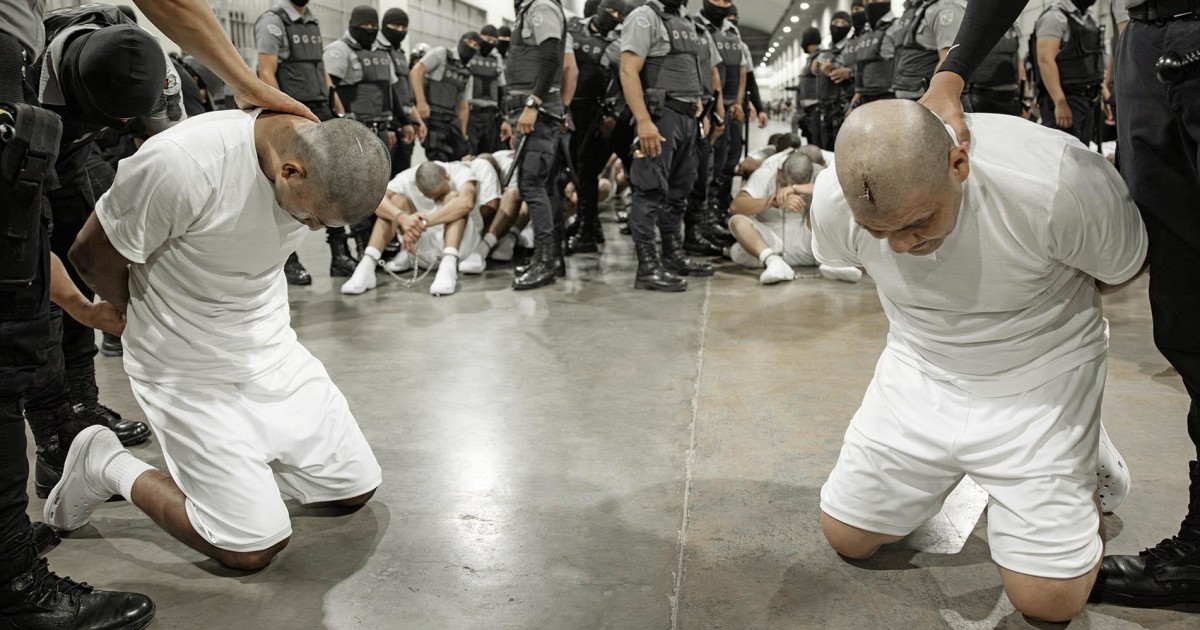Key takeaways:
- The Supreme Court ruled 5-4 in favor of the Trump administration’s use of the Alien Enemies Act of 1798 to expedite deportations of alleged Tren de Aragua gang members, provided due process is observed.
- This decision overturns a federal judge’s previous order that halted deportations due to concerns about the lack of legal process, allowing the administration to temporarily resume deportations with due process.
- The Supreme Court’s unsigned opinion highlighted jurisdictional issues, redirecting legal proceedings to Texas, and emphasized the balance between national security and individual rights in immigration law.
In a closely contested decision, the Supreme Court ruled 5-4 in favor of granting emergency relief requested by the Justice Department concerning the use of the Alien Enemies Act of 1798. This decision pertains to the Trump administration’s efforts to expedite the deportation of individuals alleged to be members of the Tren de Aragua gang, a Venezuelan criminal organization. The ruling effectively permits the administration to continue with deportations under this rarely utilized wartime statute, provided that the individuals in question are afforded due process.
The Supreme Court’s decision overturns a previous order by a federal judge that had halted the deportation of these alleged gang members to El Salvador without any legal proceedings. The federal judge’s block was based on concerns about the lack of legal process under the Alien Enemies Act. However, the Supreme Court’s ruling allows the Trump administration to temporarily resume these deportations, emphasizing the need for due process to be observed.
In its unsigned opinion, the Supreme Court noted that the detainees challenging their deportations are currently held in Texas, making the District of Columbia an improper venue for their case. This jurisdictional issue played a significant role in the Court’s decision to permit the continuation of deportations, as it redirected the legal proceedings to a more appropriate venue.
The ruling underscores the complexity of immigration law and the balance between national security concerns and individual rights. While the Alien Enemies Act provides a legal framework for such deportations, the Supreme Court’s decision highlights the necessity of ensuring that detainees are given the opportunity to seek habeas relief within a reasonable timeframe. This development marks a significant moment in the ongoing debate over immigration policy and the use of historical legal statutes in contemporary contexts.



Be First to Comment